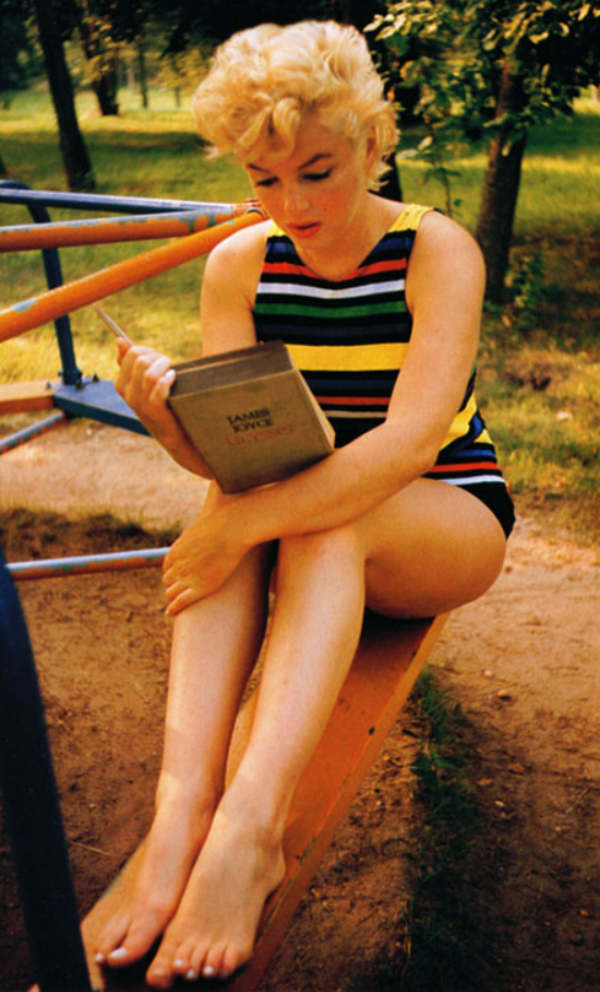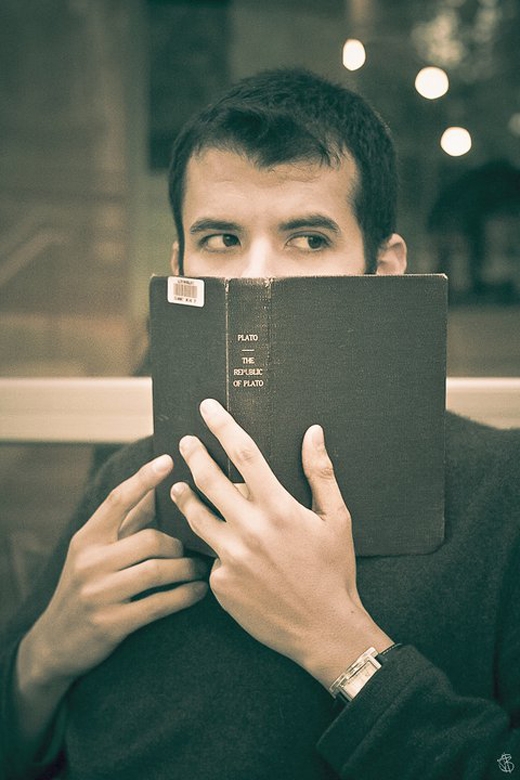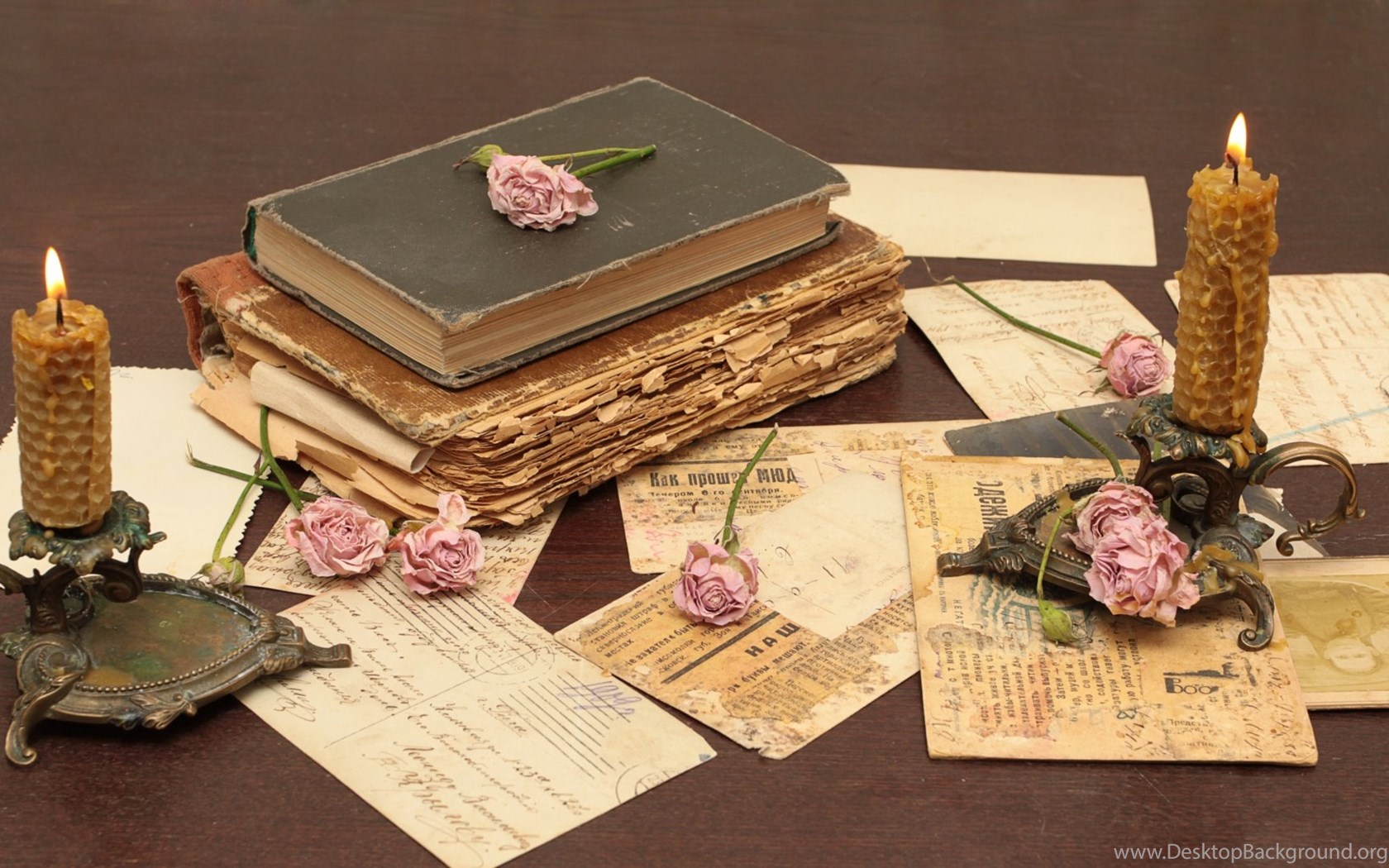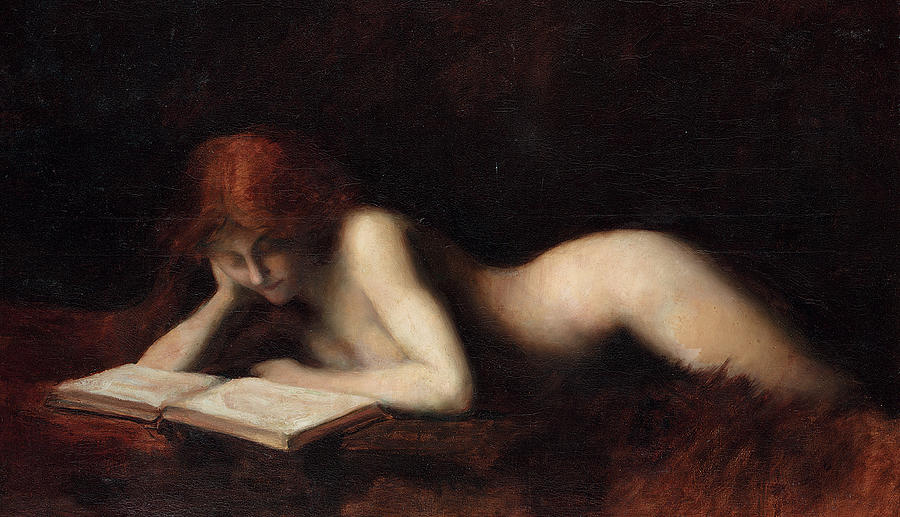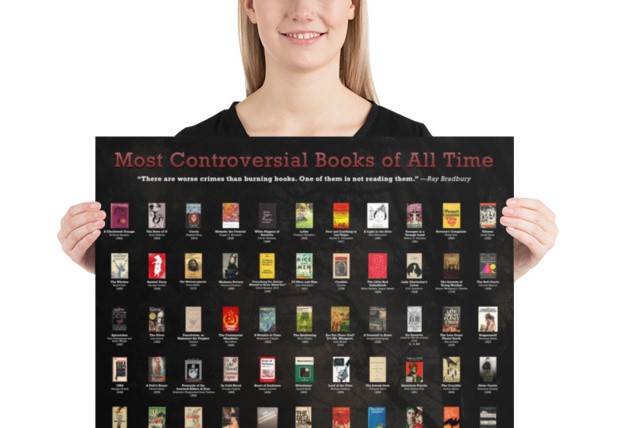1. You don’t enjoy a similar sense of achievement after you finish reading a “huge” ebook
On your favorite gadget, after you read the last sentence in a 2,000-plus-page book, like Tolstoy’s War and Peace, you conclude your digital reading experience with, well, a swipe of the finger. Now, compare that to the self-congratulatory satisfaction you feel as you smack the bulky book shut, and hug it close to your chest with joy.
2. You can’t show off an ebook collection
Traditional books have long been status symbols. In the mid-1700s, the mere ownership of a book was a sign that you’re wealthy and educated. With an increase in production and affordability, a higher social status became associated with the possession of a home library with a large book collection, or the ownership of expensive volumes, such as Encyclopaedia Britannica. The 19th-century British politician and bookworm William Ewart Gladstone most probably wouldn’t have found a Kindle to be a good place to store his proud possession of 32,000-book collection. Next time your fingers are smudging up your touch screen flipping the virtual pages of Ayn Rand’s Atlas Shrugged, you’ll yearn for the day when its physical counterpart poked out of your bag to be met with looks of admiration from your friends. You’ll yearn for the day when you had guests in your living room inquiring about one of the”smart” books that you kept on an eye-level bookshelf. But you weren’t necessarily using Vonnegut’s Slaughterhouse-Five or Derrida’s Of Grammatology to show off. They all once served as conversation starters.
3. You can’t smell an old ebook
After a particularly long day at work, you go home and walk straight towards your secret stash to grab one. So secret, you never share it with even your closest friends. You hold it in admiration and wonder what really draws you to it. Is it the powerful “trip” that expands your consciousness? Or a much-needed escape from reality? You know the answer and it’s both. You hurriedly throw yourself on the couch, crack it open and bury your nose in it to take a long, deep breath. You wouldn’t want to be seen doing this in public. Some people say the smell is obnoxious, but they’ll never understand bibliophiles like you. Now you’re about to embark on a trip “On the Road” with Jack Kerouac.
4. You can’t associate a sentimental value with an ebook
Regardless of their content, print books, being tangible objects, evoke feelings. That could range from love and nostalgia to bitterness and anger. For example, in the final scene of Dostoyevsky’s Crime and Punishment, Raskolnikov, the imprisoned murderer has a copy of the New Testament under his pillow. It was given to him by his beloved Sonya. “Till now he had not opened it.” Although he rejects religion, when he holds the book, it reminds him of his strong love bond with her. For a contrasting example, in a song full of harsh words, Bob Dylan acrimoniously tells his ex-lover, whose mouth blows “idiot wind” every time she speaks: I can’t even touch the books you’ve read.
5. You can’t burn an ebook!
Hopefully you’re not a book burner however those who are, as long as they’re not destroying irreplaceable works, achieve little. We all know that it is difficult today to completely censor any work. In fact modern-day book burners unintentionally do more good than harm. Watching that public ritual of flames reducing books to ashes has the shocking effect of reminding us that our freedom to read and write must be continually fought for. Banning, censoring or even shredding books don’t have the same effect. Moreover, literary bonfires are opportunities to learn about your adversary, who might be a group of angry racists, religious fundamentalists, government officials or self-appointed guardians of morality. Because it’s a hate-filled campaign to intimidate, their cause is already weakened by the time they’re publicly identified. Also, if it weren’t for book-burning, how else we would have known about masterpieces like The Grapes of Wrath, by John Steinbeck, or The Satanic Verses, by Salman Rushdie?!
During the last decade, the 2010s, paper books were supposed to disappear. Publishers and book retailers were alarmed. It never happened! For the foreseeable future, all trends indicate that both physical and digital books will co-exist.
You might also like:
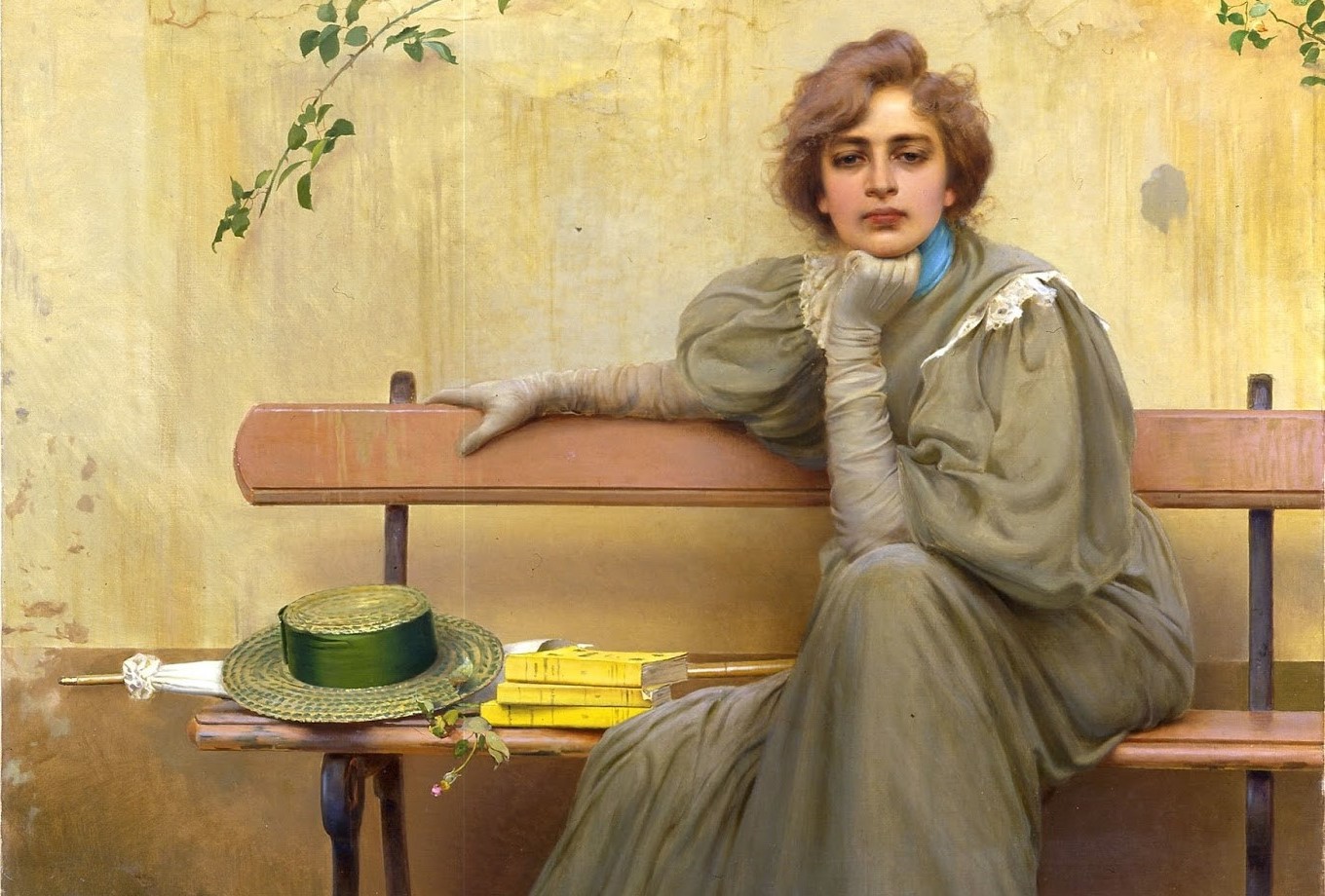
Beware of books! Madame Bovary and the old anxieties about women who read
Why men were once uneasy about their wives and daughters reading books? Flaubert’s Madame Bovary helps explain
BOOK: MADAME BOVARY
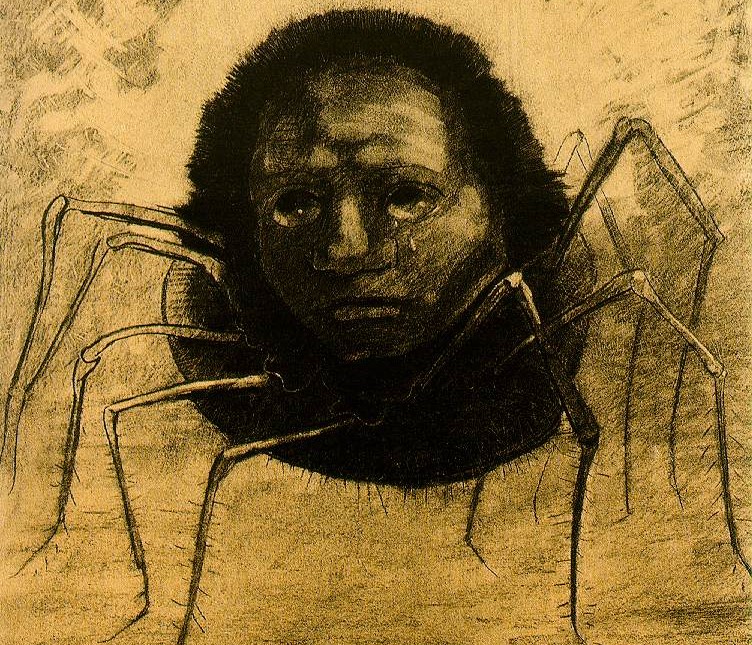
The Metamorphosis: Why Kafka’s final scene is even more haunting than the first
Why Nazi and Soviet authorities banned Kafka’s novel?
BOOK: THE METAMORPHOSIS

